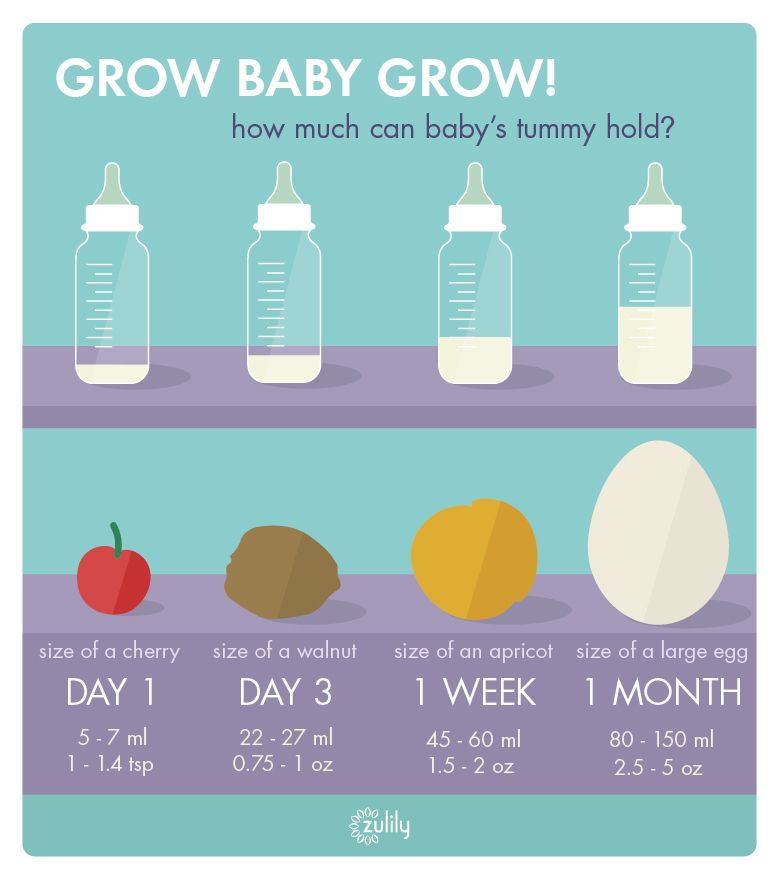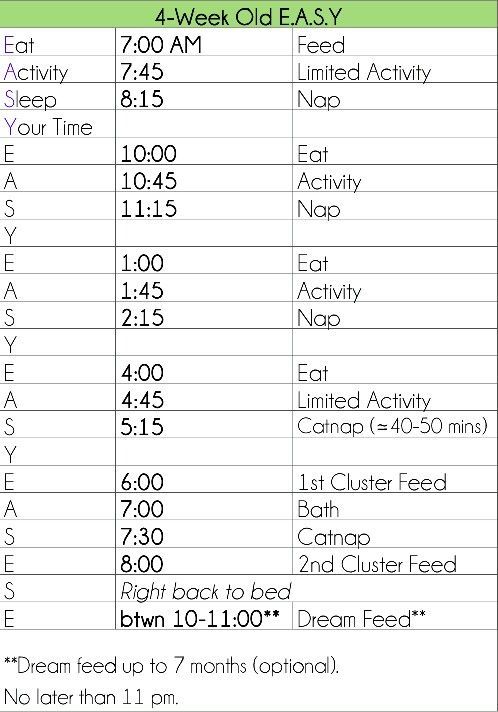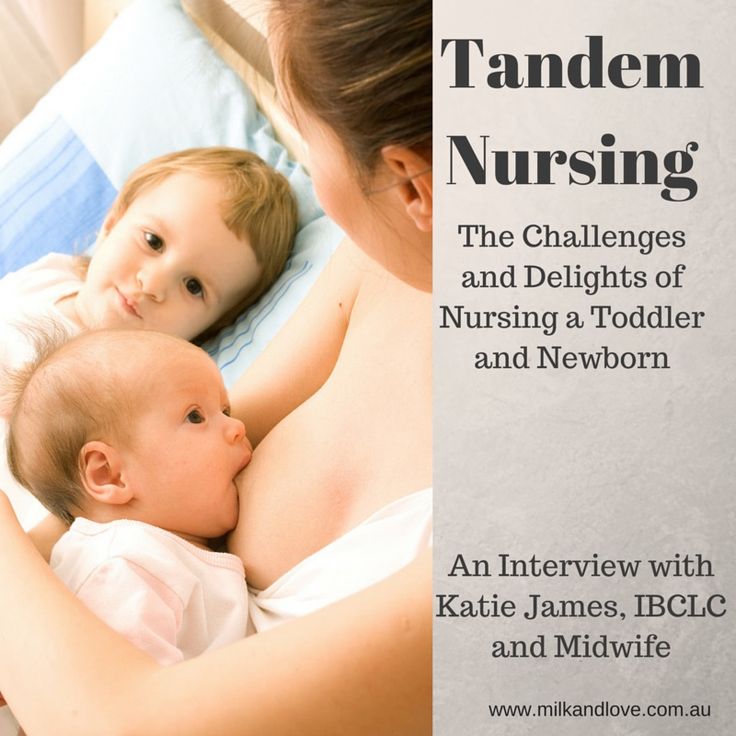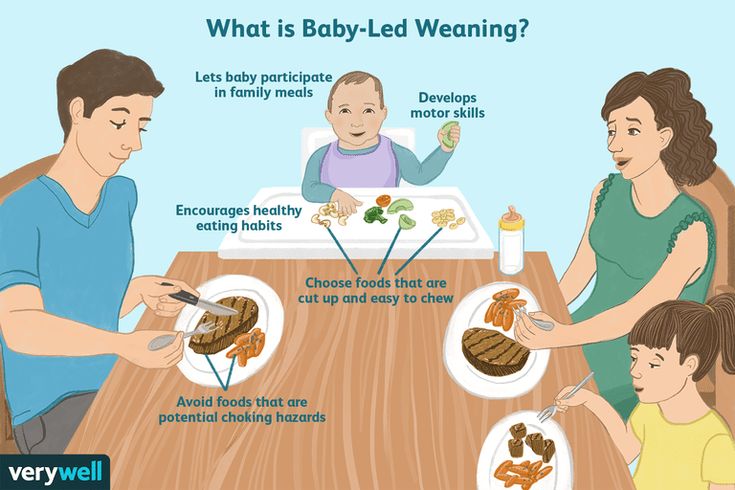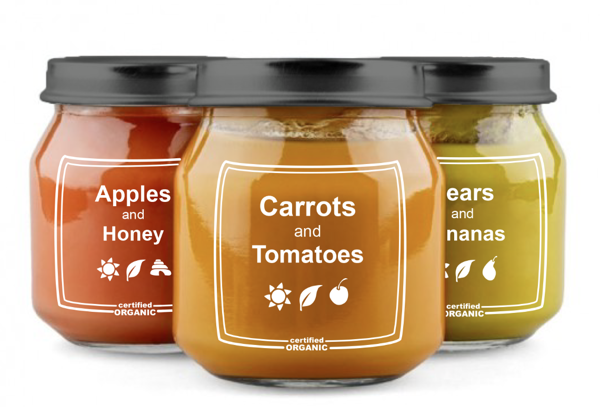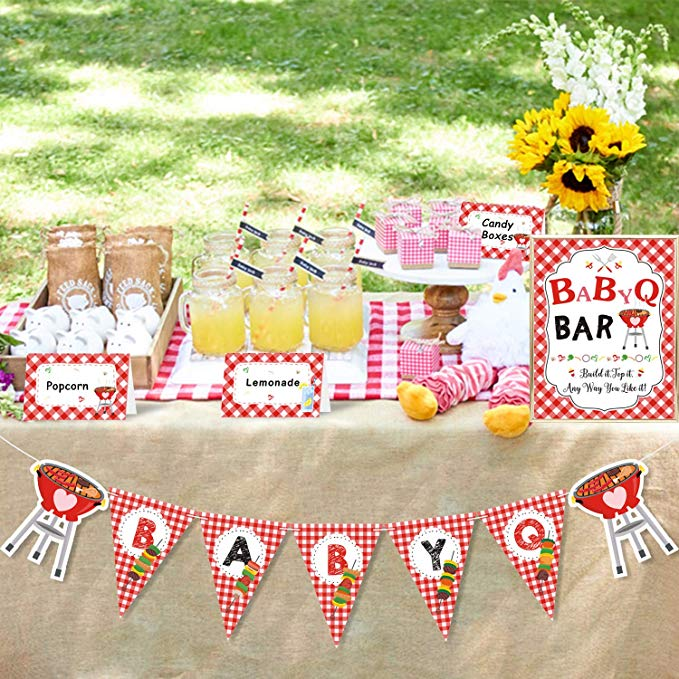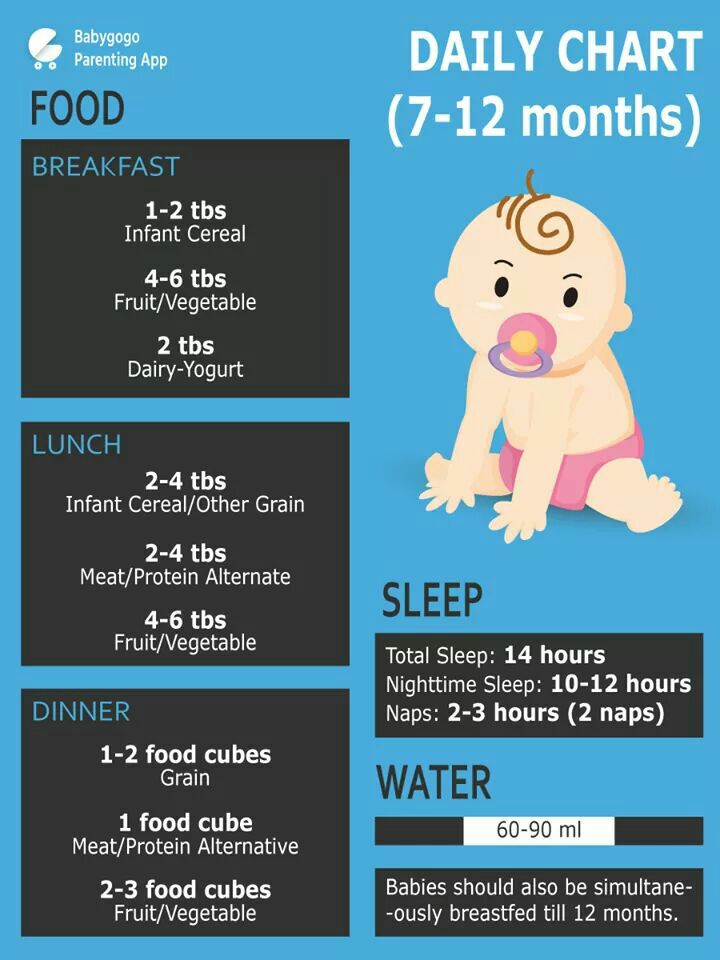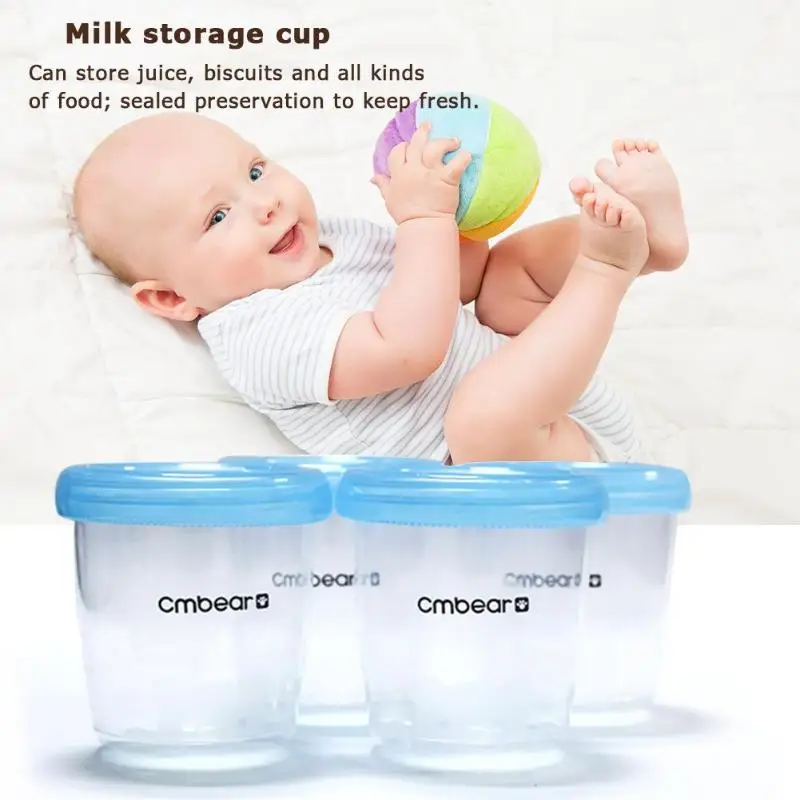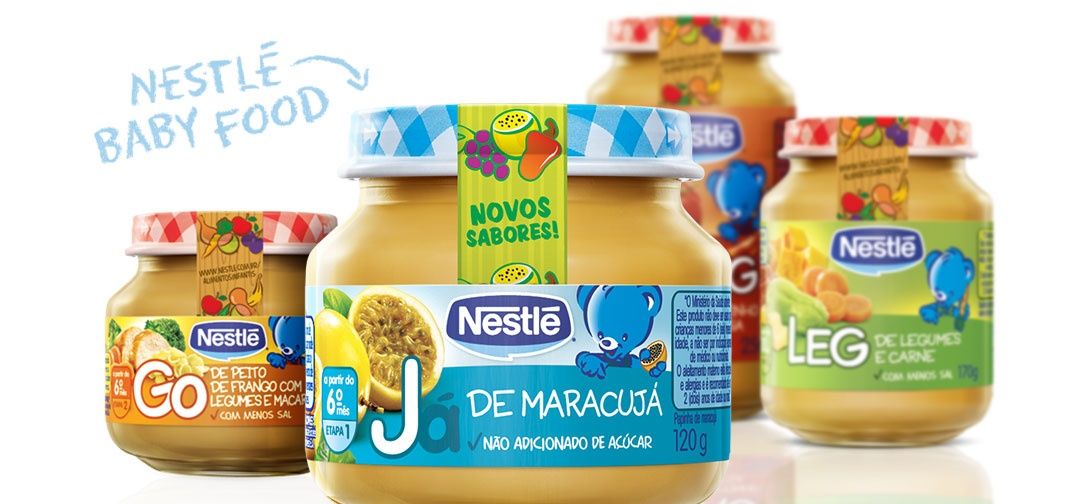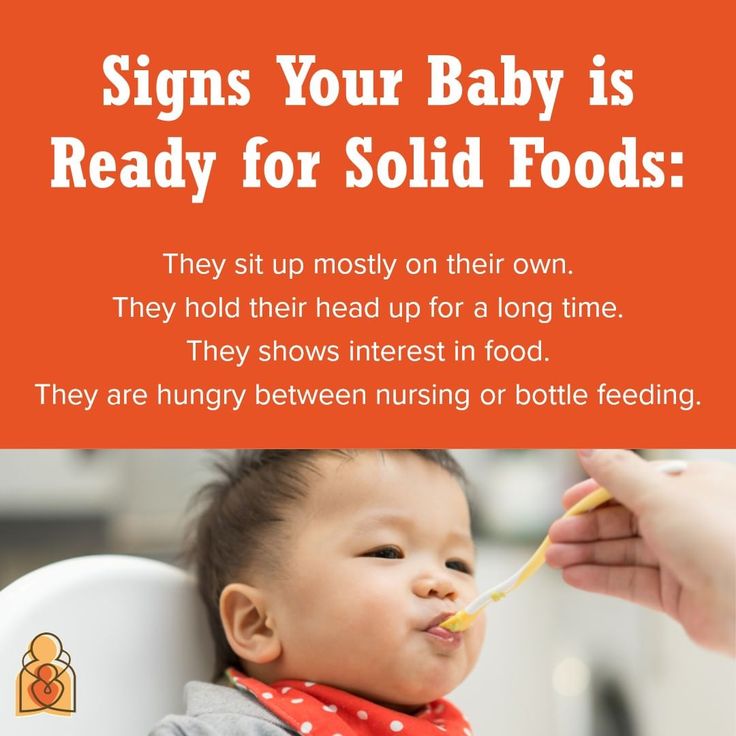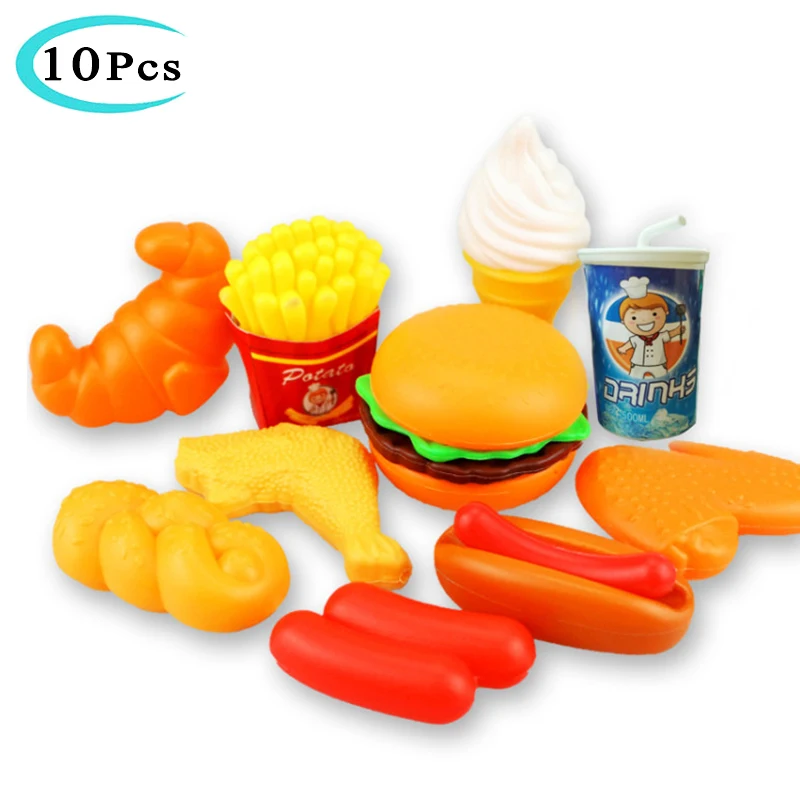Cons of bottle feeding baby
14 Advantages and Disadvantages of Bottle Feeding
Bottle feeding is an alternative to breastfeeding. Many news moms who are unable to breastfeed or want to feed formula milk along with breastfeeding, choose to bottle-feed their babies. Some moms even feed breast milk through bottles. If you’re a new mom, considering bottle feeding your little one, we suggest that you first read the advantages and disadvantages of bottle-feeding a baby and make an informed decision.
What Are the Pros of Bottle Feeding?
There are several benefits of bottle-feeding a baby. Read on to know what they are!
1. Anyone can feed the baby.
One of the benefits of bottle feeding is that either parent can feed the baby. Feeding is an important bonding moment; breastfeeding doesn’t give the daddy an opportunity to bond with the baby. Bottle feeding allows the siblings, father and other family members to spend some time with the newborn baby.
2. It can be done in public.
Some moms are not comfortable with breastfeeding their babies in public. If you don’t want to expose your breasts or go to a private area for breastfeeding, bottle feeding is the way to go!
3. Keeping a track of your baby’s intake is easy.
It isn’t easy to know how much milk your baby is drinking when you breastfeed. Bottle feeding helps you find out your baby’s daily milk intake.
4. You don’t have to worry if your breast milk supply is low.
Many moms worry that their baby will remain underfed if their breast milk supply is insufficient. In such a case, many parents resort to bottle feeding. This ensures that your baby gets all the milk he needs to grow and develop. However, because of this baby does not suck on breasts, which leads to a lack of milk supply.
5. You don’t have to worry about making changes to your diet.
A mother who feeds formula milk to her baby doesn’t have to worry about adding specific fruits and veggies to her diet.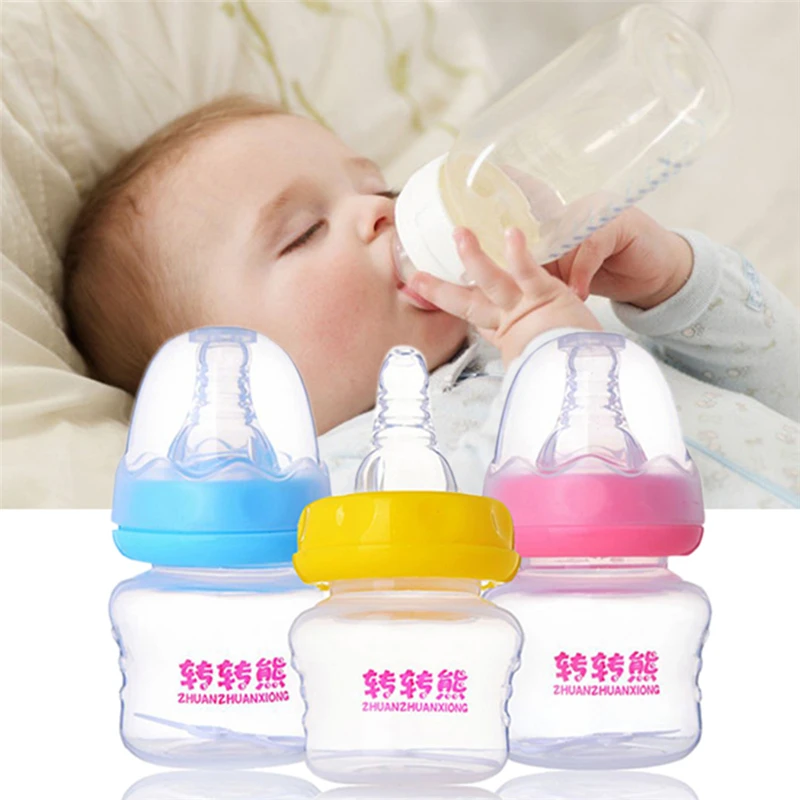 She can eat and drink anything she likes.
She can eat and drink anything she likes.
6. Bottle feeding helps babies who have lactose intolerance.
In rare cases, infants cannot process breast milk or animal milk. This situation is known as lactose intolerance. Then, suitable formula milk, such as soy protein, can be fed from a bottle.
7. The mother’s health condition doesn’t affect the baby.
If the mother falls ill after childbirth or faces health issues that don’t let breastfeed, a bottle can be used to feed the baby.
What Are the Cons of Bottle Feeding?
The disadvantages of bottle feeding are:
1. Formula milk is not as nutritious as breast milk.
Breast milk has all the nutrients that your baby requires to grow and develop. It is also light on the stomach than formula milk. Bottle-feeding may increase the risk of obesity in early childhood.
2. Preparing the milk for bottle feeding takes time and effort.
You can breastfeed your baby on demand. But if you’ve habituated your baby to bottle feeding, you need to wash and sterilise the bottle, pour milk into the bottle and warm it.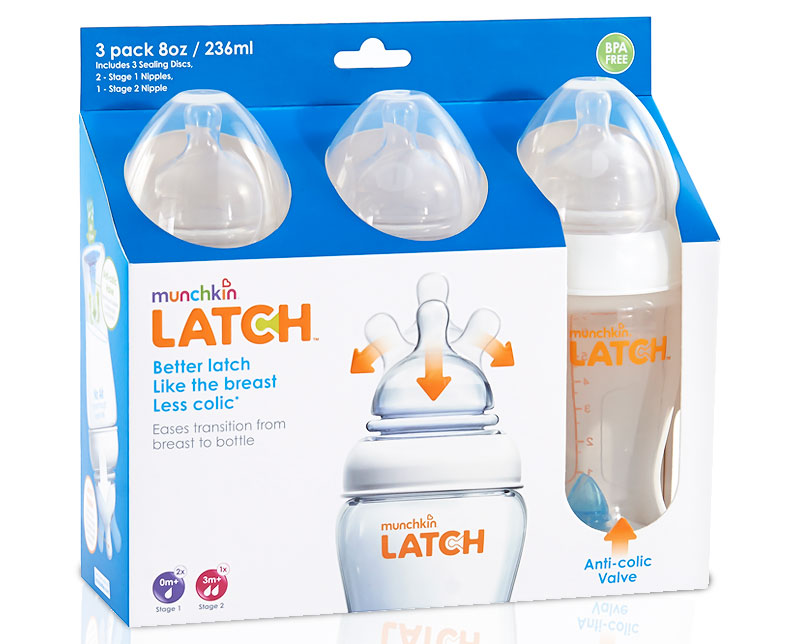 It’s a lot of work! Improper sterilisation can also put your infant’s health at risk.
It’s a lot of work! Improper sterilisation can also put your infant’s health at risk.
3. Bottle feeding equipment is an added expense.
Bottle feeding your baby can be expensive. If you choose to bottle feed formula milk to your little one, you will need need to buy feeding bottles, a cleaning brush and also a steriliser. You’ll also have to invest in a good-quality breast pump or formula milk powder. All this can be an added expense to your monthly budget.
4. Bottle-feeding may compromise your baby’s immune system.
Studies show that breast milk develops and improves your baby’s immune system. Formula milk, on the other hand, doesn’t contain vital and natural nutrients. Formula-fed babies also carry the risk of developing certain illnesses like a chest infection, ear infection, urine infection or diarrhoea.
5. It affects the mother-baby bonding.
Feeding is a bonding moment for the mother and her baby. When the baby latches on to the mother’s breasts, skin-to-skin contact is established.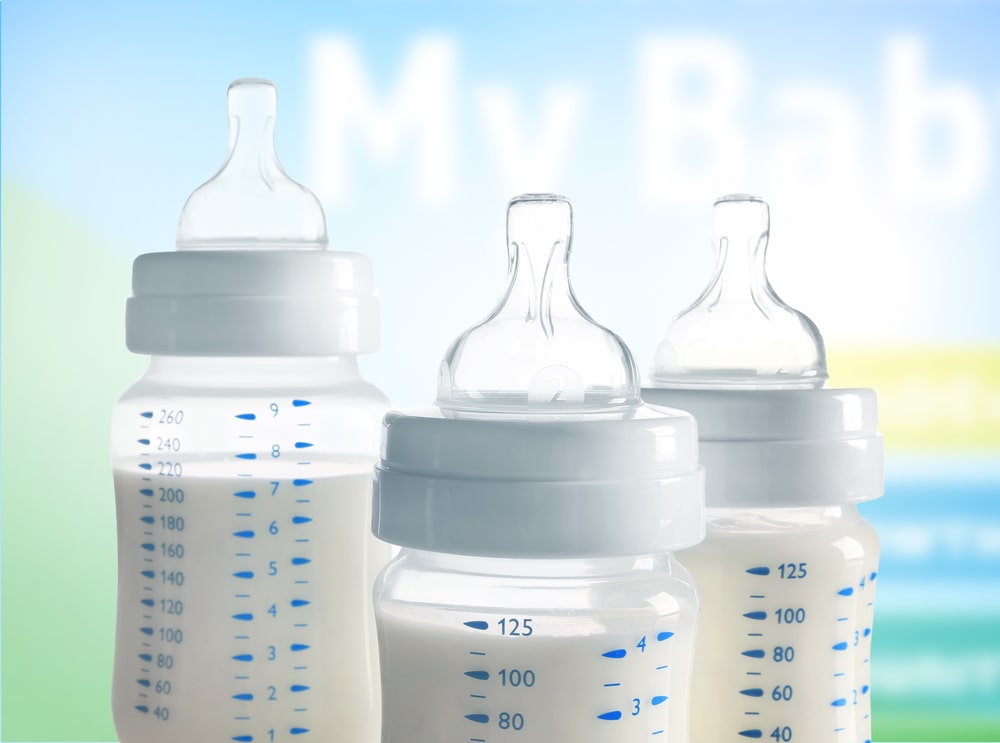 Bottle-feeding may hamper this bonding.
Bottle-feeding may hamper this bonding.
6. Bottle feeding can be inconvenient.
You’ll have to carry clean bottles, formula milk, baby nipples, and other necessities while travelling. It can be troublesome to manage the things as well as the baby at the same time. Bottle feeding is also inconvenient if your baby requires midnight feeding sessions as you have to get up and prepare the milk each time.
7. Breastfeeding keeps the mother healthy.
Some studies have proved that moms who choose to breastfeed rather than bottle-feed have a lower risk of suffering from breast cancer, ovarian cancer, and osteoporosis.
8. Your baby may not take to formula milk.
For some babies, formula milk-fed from a bottle may not be suitable. They may experience diarrhoea and a loss of fluids from the body.
Bottle feeding has its own pros and cons. You should carefully consider both sides of the situation before settling on the method of feeding your baby. The aim is to ensure that your baby is neither underfed nor overfed and gets the essential vitamins and nutrients while she adapts to the world around her.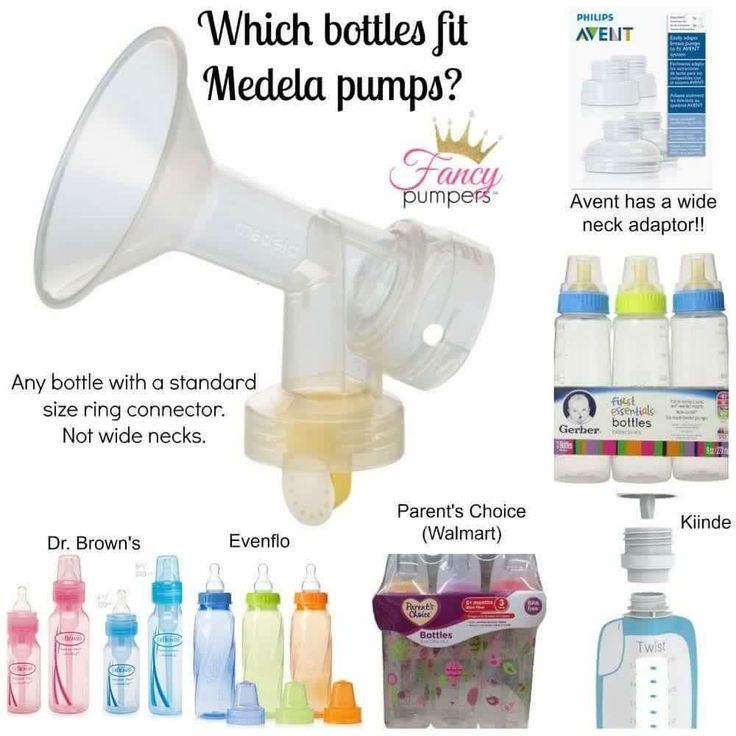
Also Read: Bottle Feeding Problems & Solutions
The Pros and Cons of Formula Feeding
Are you stuck trying to figure out whether or not you would like to bottle-feed or breastfeed your baby? Read more to learn about all of the pros and cons to consider when choosing how you will feed your little one.
Choosing whether to bottle-feed or breastfeed your baby can feel like one of the biggest decisions you will make when your baby is first born. The choice on how you will feed your baby is extremely personal and you should do whatever you think is best for both you and the baby.
Parents who choose to bottle-feed their baby, rather than breastfeed, often report feeling judged or shamed by other parents for their decision to use formula. There are multiple ways to feed a baby and various reasons as to why a parent may choose to bottle-feed over breastfeed. Keep in mind that some parents are unable to breastfeed due to health complications, milk production levels, or adoption.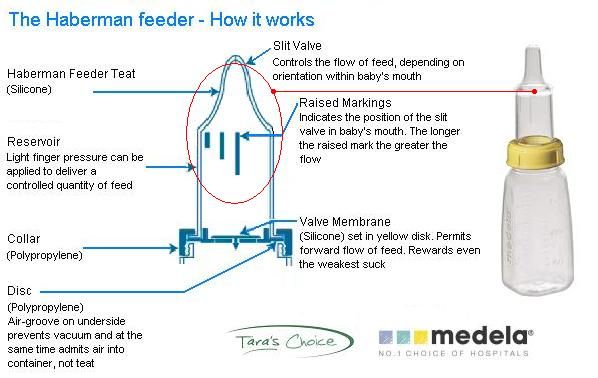 Or, it may have been decided that using formula is just a better option for their family overall. At the end of the day, there is no right or wrong choice to be made - only the best choice for what works for you.
Or, it may have been decided that using formula is just a better option for their family overall. At the end of the day, there is no right or wrong choice to be made - only the best choice for what works for you.
Science suggests that the gap between formula feeding and breastfeeding is not as wide as many people are led to believe. There are only a handful of additional health benefits that are shared with your baby if you do choose to breastfeed which we will share below.
If you are considering bottle-feeding your baby with formula, here is a list of pros and cons to consider before your little one arrives.
Formula Feeding: Pros and Cons To Consider
Pro: You Can Buy Your Own Supply
Formula is available at the grocery store, baby stores, and online so it is easily accessible, no matter where you go. This can be helpful in times where your plans change last-minute and you did not pack enough formula to feed your little one while you are out.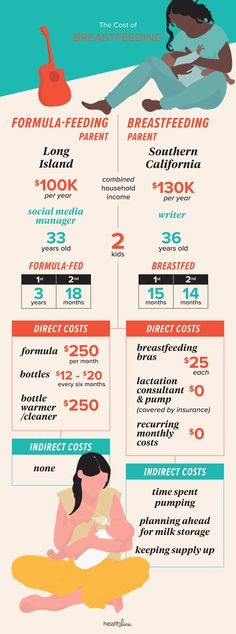 Also, some breastfeeding moms may experience difficulty producing enough milk for their baby and will end up spending hours trying to feed and pump. If you are using formula, you will never have to worry about needing to stay up late into the night trying to pump enough for the next day, or have to try switching up your diet to help increase your milk production levels.
Also, some breastfeeding moms may experience difficulty producing enough milk for their baby and will end up spending hours trying to feed and pump. If you are using formula, you will never have to worry about needing to stay up late into the night trying to pump enough for the next day, or have to try switching up your diet to help increase your milk production levels.
Unfortunately, buying formula can be expensive and add up rather quickly. Since your baby will most likely be using formula for at least their first year of life, you should expect to spend a lot on formula. If your baby needs a speciality formula due to an allergy or food intolerance, this can increase the average cost per year. It has been reported that most parents spend anywhere from $1,200 to $1,500 in the first year on buying formula.
Most parents spend anywhere from $1,200 to $1,500 in the first year on buying formula.
Pro: You Can Share Feeding Responsibilities with Your Partner, Family Member, etc.

By deciding to bottle-feed your baby using formula, the opportunity for your partner, a family member, or friend to help feed the baby is more available than with breastfeeding. Formula can be made by anyone or prepared in advance so that you can easily receive additional support feeding your baby when it is needed. By choosing to breastfeed, the mom is the only person who is able to share the special bonding moment that is associated with feeding your baby. When using formula, your partner, or other supportive individuals, are able to also have this moment of connection with the baby.
Con: Judgement From the Outside WorldAs we mentioned earlier, parents who have chosen to bottle-feed their baby rather than breastfeed, have reported feeling judged or shamed for making this decision. Keep in mind that both formula and breast milk are great, nutrient-dense options for your baby and with both options, your baby will be healthy.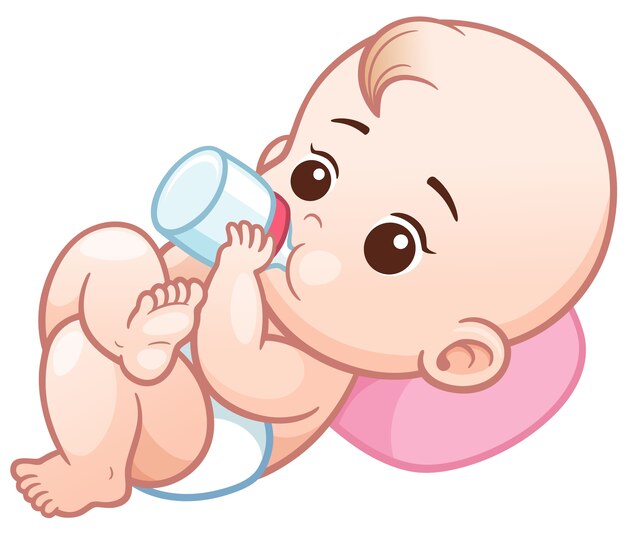 At the end of the day, what matters most is making a decision that feels right for you and your family.
At the end of the day, what matters most is making a decision that feels right for you and your family.
After over nine, strenuous months of pregnancy - avoiding all of your favorite foods, a nice glass of wine to rewind, and your morning coffee - it is nice to finally have your body back fully to yourself. If you are not breastfeeding, you can start to eat and drink all of your favorite treats again without needing to worry about how it may have an affect on your breast milk.
Con: Health Benefits Provided from BreastfeedingThe vitamins and nutrients that are added into formula are practically identical to what is found in breast milk. However, breast milk and breastfeeding does offer a few health benefits to both you and your baby that formula cannot. Breastfed babies typically have fewer infections and hospitalizations due to health-related concerns than formula-fed babies.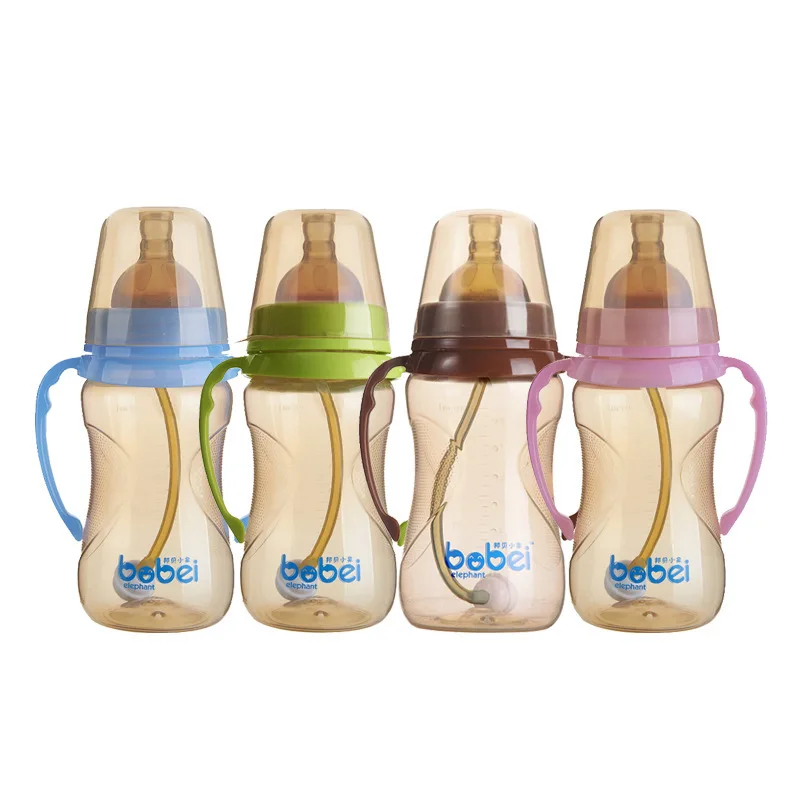 This is because when breastfeeding, the mom is able to share her antibodies with her baby that will help to strengthen the immune system. This can help lower the baby’s chances of ear infections, diabetes, allergies, asthma, and more. The act of breastfeeding also has health benefits for the mom. Breastfeeding has been shown to lower the risk of breast cancer, high blood pressure, diabetes, and cardiovascular disease.
This is because when breastfeeding, the mom is able to share her antibodies with her baby that will help to strengthen the immune system. This can help lower the baby’s chances of ear infections, diabetes, allergies, asthma, and more. The act of breastfeeding also has health benefits for the mom. Breastfeeding has been shown to lower the risk of breast cancer, high blood pressure, diabetes, and cardiovascular disease.
Pro: No Discomfort, Leaking, or Sensitivity for You
By choosing to feed with formula, you will not have to deal with extra months of breast sensitivity, leaking, and discomfort that comes with the act of pumping and breastfeeding. A great benefit of not breastfeeding is that you will finally have your body fully back and can start to really feel like yourself again.
Con: More Time Spent Cleaning and Washing DishesPreparing and mixing formulas can be a little tricky to master as you have to make sure it's the right ratio, consistency, and temperature. And with your new, busy schedule who has time for more dishes and cleaning. However, unfortunately, with using formula you will spend more time cleaning and washing out bottles than you would if you were to breastfeed.
And with your new, busy schedule who has time for more dishes and cleaning. However, unfortunately, with using formula you will spend more time cleaning and washing out bottles than you would if you were to breastfeed.
Learn more about formula feeding from Board Certified Pediatrician Dr. Caitlin Colvard:
Pro: More Freedom Available in Your Schedule
Since formula is easy to transport, can be prepared by anyone, and available at various grocery stores and pharmacies, your schedule does not have to revolve around the baby as much as it would with breastfeeding. Using formula will allow for you to have a much more flexible schedule since you will not have to plan to pump ahead of time or schedule around your routine feeding sessions.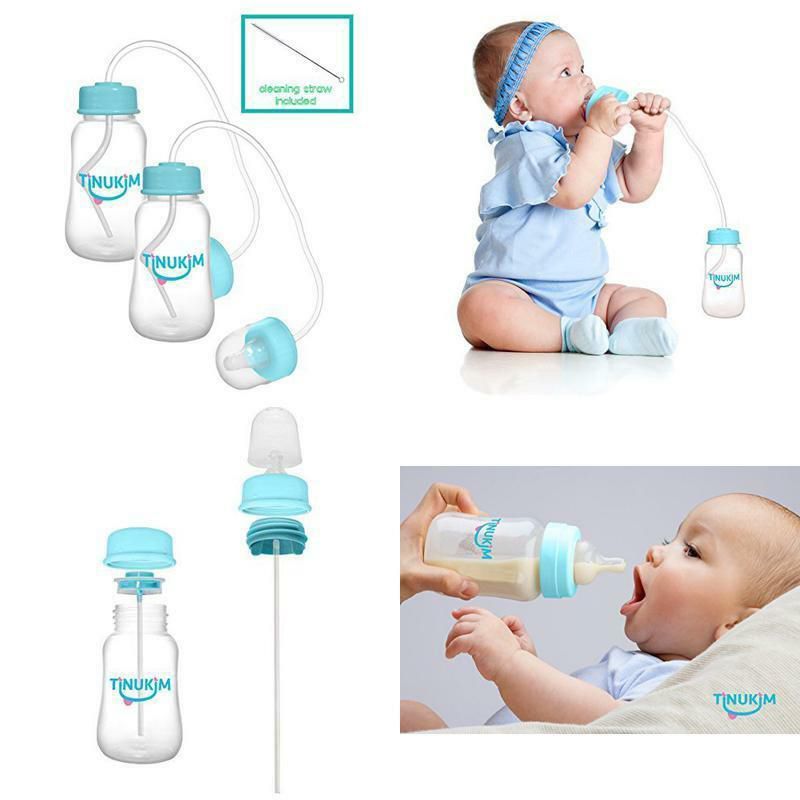 Bottle-feeding will make it much easier for you to adapt to last-minute schedule changes without worrying too much about how you will feed your baby.
Bottle-feeding will make it much easier for you to adapt to last-minute schedule changes without worrying too much about how you will feed your baby.
Yes, it is a known fact that formula does have a rather unique and unappealing smell to it. While your baby will not notice this at all and most likely love the taste of formula, you will be stuck handling the bad smell of it.
Pro: You Will Know How Much Your Baby is Actually EatingFormula gives you the comfort and knowledge of knowing exactly how much your baby is eating on a daily basis. With breastfeeding, moms are unable to tell how much their baby is actually eating per session. With formula, you will be able to monitor and track exactly how much your baby finishes. Since breast milk is dynamic by nature, the nutritional value can vary person-to-person. But with formula, you will have the insight as to how much food, vitamins, and minerals your little one is getting in.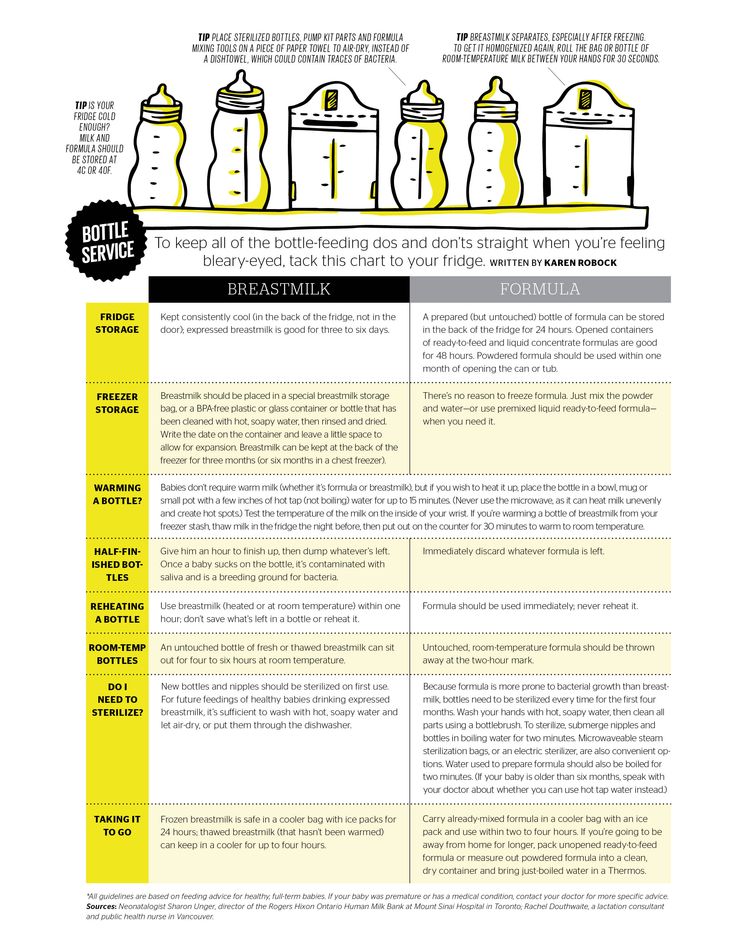
Formula gives you the comfort and knowledge of knowing exactly how much your baby is eating.
Con: More Time Spent Planning and Packing Before Leaving the House
Before you head out, and especially if you plan to be gone all day, you will likely have a longer checklist of things to remember to bring with you if you are using formula. Breastfeeding does not require as many things (like bottles and the formula mix itself,) whereas with bottle-feeding, there are quite a few things you will have to remember to pack with you. We recommend creating a checklist on your phone of everything you need to remember to put in your diaper bag. This way, you can scan through the list before you head out the door and make sure you have everything you need for the day.
Pro: Your Baby May Stay Fuller for LongerFormula usually takes longer than breast milk to fully break down and be digested by your baby.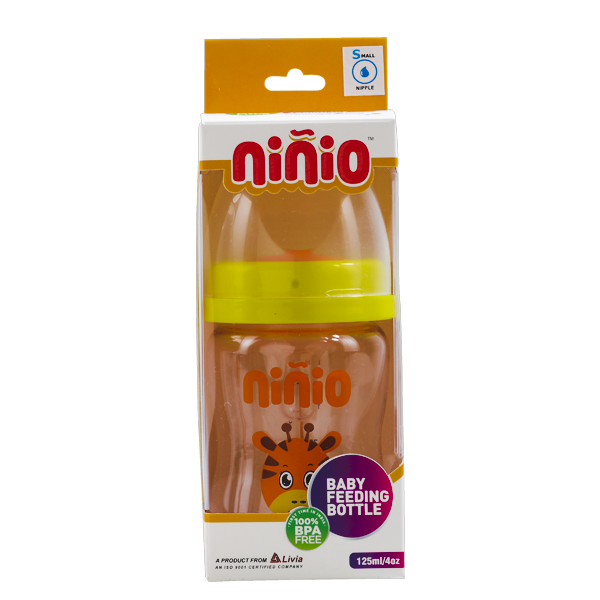 This means that your baby will end up feeling fuller, for longer. For you, this means less time feeding and more time checking off everything else you have to get done throughout the day.
This means that your baby will end up feeling fuller, for longer. For you, this means less time feeding and more time checking off everything else you have to get done throughout the day.
Naturally, breast milk is typically easier for babies to digest in comparison to formula. Formula can sometimes cause upset stomachs, gas, or diarrhea. However, this is not the case for every baby and most formulas will work just as well for your baby. If you do notice that the regular formula is causing digestive issues, try switching to a speciality formula and monitor your baby’s symptoms. You may find that the speciality formula causes less problems for your little one.
Pro: Your Baby is Still Nourished and HealthyThe most important benefit of formula feeding is that ultimately, using formula will leave your baby just as nourished and healthy as a baby that is breastfeeding.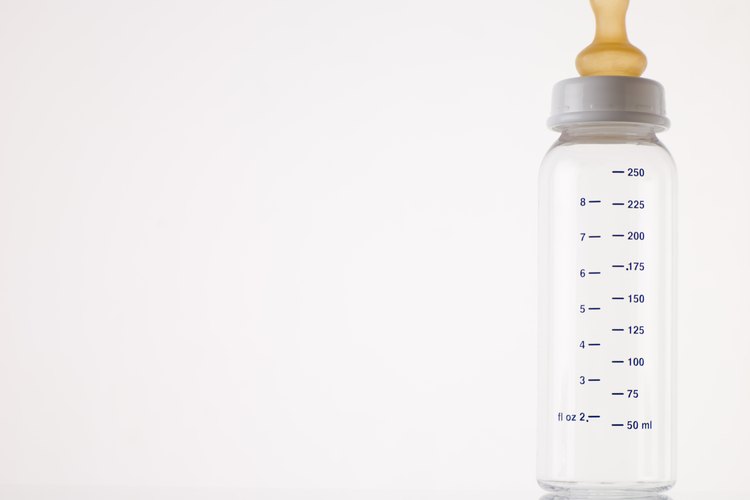 You should trust your intuition and do what you think is right for your baby.
You should trust your intuition and do what you think is right for your baby.
--------------------------------
All health-related content on this website is for informational purposes only and does not create a doctor-patient relationship. Always seek the advice of your own pediatrician in connection with any questions regarding your baby’s health.
These statements have not been evaluated by the Food and Drug Administration. Products are not intended to diagnose, treat, cure or prevent any disease.
See the FDA Peanut Allergy Qualified Health Claim at the bottom of our homepage.
Bottle feeding: pros and cons
Due to certain circumstances, a mother may not be able to establish lactation, and then bottle feeding becomes the only option. As resentful as breastfeeding advocates may be, bottle feeding has its benefits.
What are the benefits of bottle feeding?
There are several benefits to bottle feeding your baby.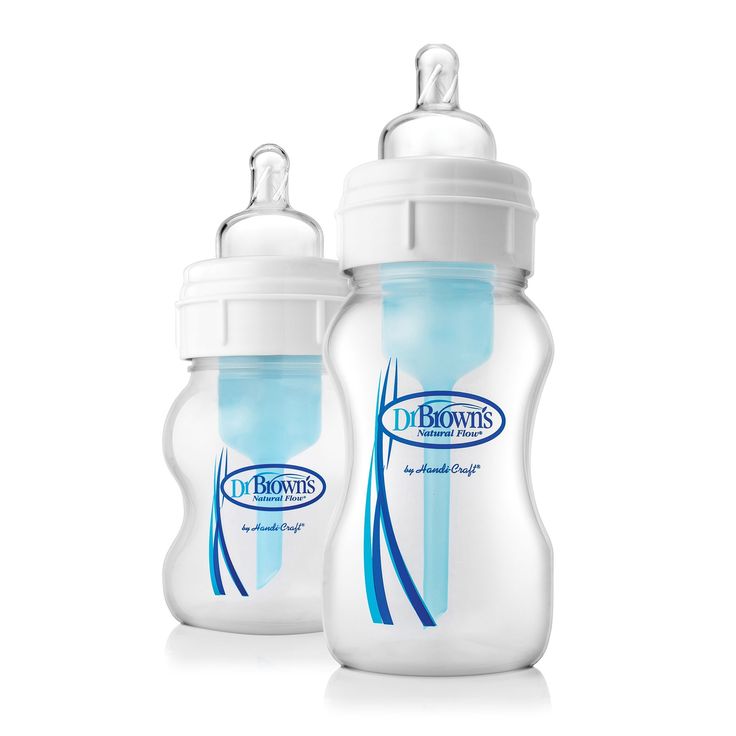
1. Anyone can feed a baby
One of the benefits of bottle feeding is that anyone can do it. Breastfeeding does not give dad the opportunity to get close to the child, artificial - on the contrary, allows brothers and sisters, the father and other family members to spend extra time with the newborn.
2. It can be done in public
Some mothers find breastfeeding in public uncomfortable. If you do not want to expose your chest or go to a place secluded from prying eyes, a bottle will help you. nine0003
3. It's easy to keep track of your intake
It's not easy to know how much milk a baby sucks. Bottle feeding will help you instantly determine your baby's daily intake of milk or formula.
4. No need to worry if the supply of breast milk is low
Many breastfeeding mothers worry that the baby will remain undernourished, and based on these considerations, they choose artificial feeding.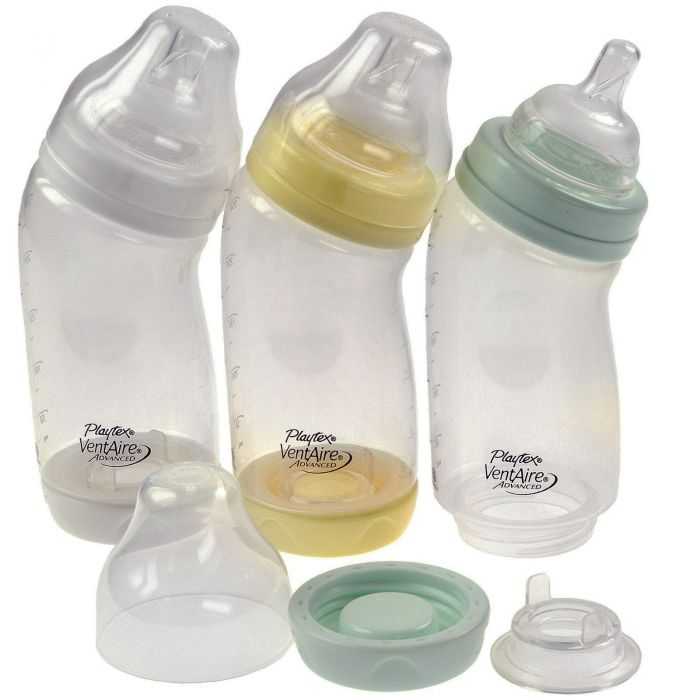 This ensures that the baby gets all the milk it needs for full growth and development. nine0003
This ensures that the baby gets all the milk it needs for full growth and development. nine0003
5. Don't worry about making changes to your diet
A formula-feeding woman doesn't have to worry about adding certain fruits and vegetables to her diet. She can eat and drink whatever she likes.
6. Formula feeding helps babies with lactose intolerance
Rarely, a baby's body cannot process natural milk. This feature is known as lactose intolerance. Especially for such babies, there are mixtures with a specific formula (for example, soy protein content), which are easily absorbed by the body. nine0003
7. The health of the mother does not affect the baby
If a woman becomes ill after giving birth or has health problems that prevent lactation, a bottle can be used for feeding.
What are the disadvantages of bottle feeding?
Of course, bottle feeding has a number of significant disadvantages compared to breastfeeding, namely:
1.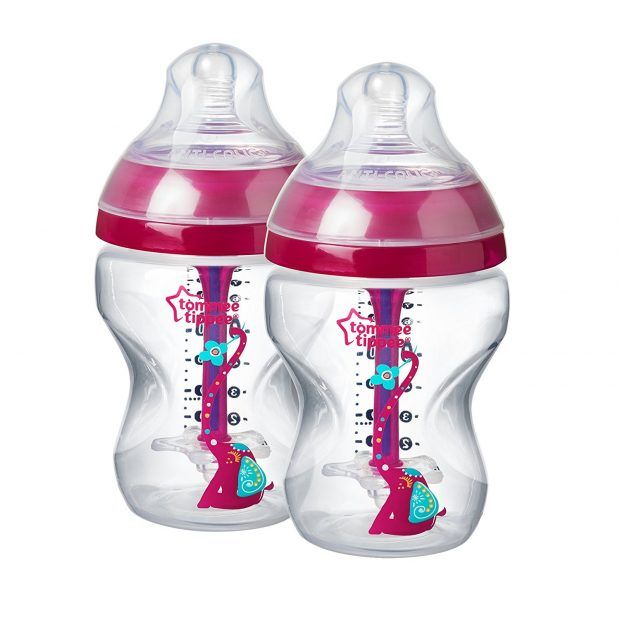 Formula is not as nutritious as breast milk
Formula is not as nutritious as breast milk
Not only does breastmilk contain all the nutrients a baby needs for growth and development, but it is also easily digested in the stomach - unlike some formula milks. In addition, artificial feeding may increase the risk of obesity in early childhood.
2. If you are lactating, you can easily feed your baby on demand. But if the baby is accustomed to the bottle, then first you need to wash and sterilize the bottle, pour milk into it or dilute the mixture in it and warm it. This is a big job! Improper sterilization can also endanger the health of the child. nine0003
3. Bottle feeding accessories are an additional cost. Artificial feeding can be costly. If you decide to bottle feed your baby, you will need to buy everything you need for this: containers, cleaning brushes, a sterilizer, and a quality breast pump or formula.
4. Formula feeding can compromise the baby's immune system
Research shows that breast milk develops and improves the baby's immune system. On the other hand, formula milk does not contain similar vital and naturally occurring nutrients. Formula-fed babies are at greater risk of developing certain health conditions, such as chest infections, ear infections, or diarrhea. nine0003
5. It affects the bond between mother and child
Feeding is a bond between mother and child. When the baby is pressed against the chest, contact is established. Formula feeding can interfere with this connection.
6. Bottle feeding can be uncomfortable
When you travel, you will need to carry clean bottles, formula, baby nipples and other essentials. This can be quite troublesome. nine0003
Bottle feeding is also inconvenient if the baby likes to wake up in the middle of the night for a snack - you will have to get up every time and dilute the formula.
7. Breastfeeding keeps the mother healthy
Some studies have shown that breastfeeding mothers are less likely to develop breast cancer, ovarian cancer and osteoporosis.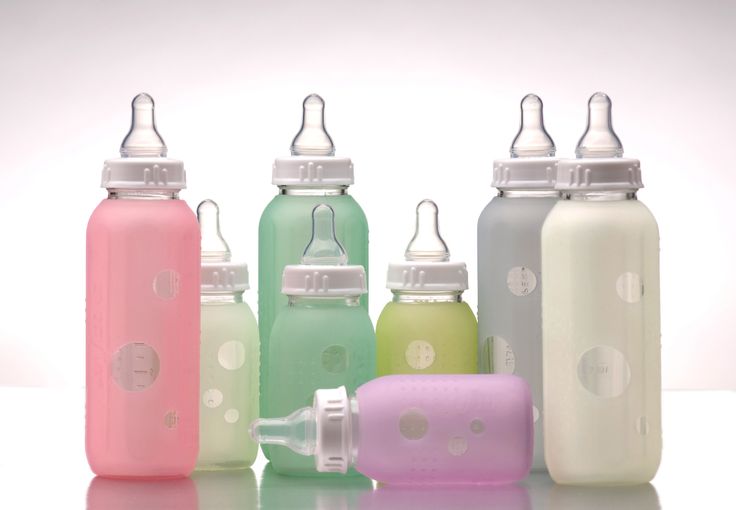
8. Baby may not be receptive to formula
Some babies may not like formula milk, which can cause diarrhea and dehydration. nine0003
Bottle feeding
When breastfeeding is not possible, or there is not enough breast milk and supplementary feeding is required, the use of infant milk formulas allows you to establish good nutrition for the baby.
The mixtures contain all the necessary nutrients, vitamins and trace elements. As a rule, they are well tolerated and digested, especially if the feeding process is properly established.
If you plan to bottle feed or supplement your baby with formula, our article will help you navigate the basic rules and intricacies of artificial feeding. nine0003
How to choose a teat (nozzle) for a bottle
Teats differ in composition (silicone, latex), shape and flow rate. While the shape of the nipple and the material are often chosen according to the preferences and needs of a particular baby, the flow rate is strictly determined by the age category.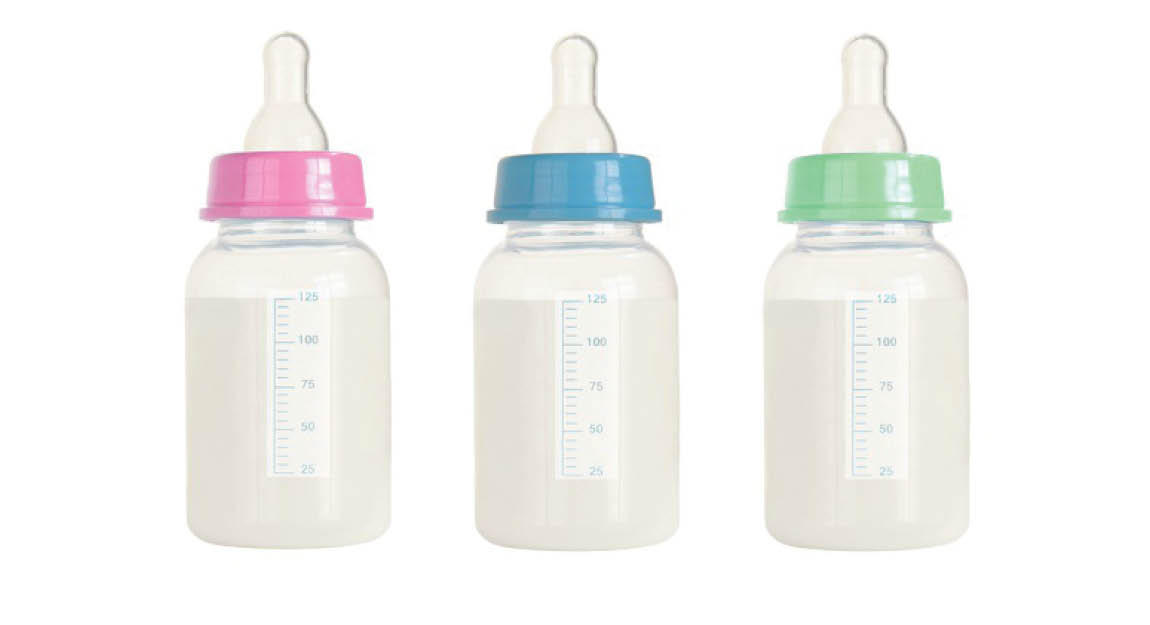
Babies are fed from birth using the slowest flow nipple (these are usually labeled from 0 and one drop). Next, the teat flow rate in most bottle manufacturers increases at 3 months, 6 months, 12 months. nine0003
In order not to be mistaken, pay attention to the labeling and the age group for which the nipple to the bottle of the selected manufacturer is intended.
Whether such a nipple is right for you, you will also probably be able to understand during feeding.
- Baby should be able to comfortably grip the nipple and drink formula confidently (without too much effort).
- He should not choke/choke frequently.
- The mixture should flow well. If the mixture does not flow until you shake the bottle, the hole may be clogged with powder. nine0118
- If the mixture flows too much, check if the nipple is not torn.
How to treat the bottle
For newborn babies in the first months of life, it is recommended to sterilize the bottles before each feeding.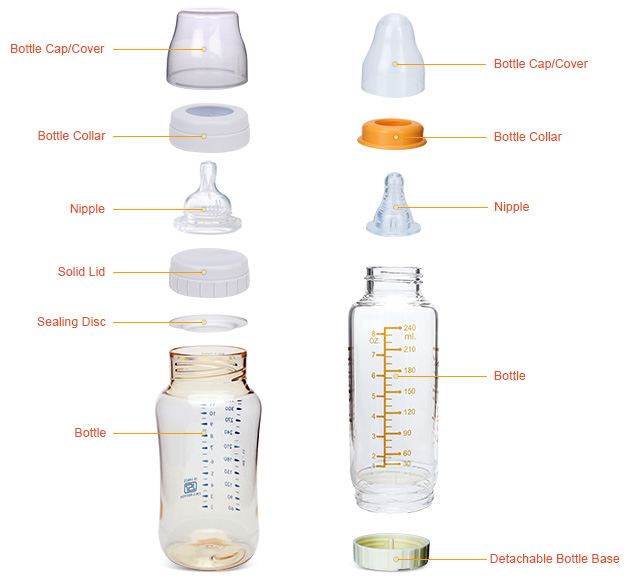 Sterilization is the immersion of all feeding accessories (bottles, nipples, other parts) in boiling water for about 5 minutes to destroy pathogenic microflora.
Sterilization is the immersion of all feeding accessories (bottles, nipples, other parts) in boiling water for about 5 minutes to destroy pathogenic microflora.
You can choose any convenient method of sterilization: using a special device (sterilizer), in a microwave oven, dishwasher, ordinary boiling. Read more about how to properly sterilize bottles in our other article. nine0003
It is important to ensure that the baby bottle you use is made of safe plastic that can be heated. Some types of plastic release harmful chemicals when heated. As a rule, information about the possibility of sterilization and heating is indicated on the packaging. If there is no such information, it is not worth the risk. Use special baby bottles from well-known manufacturers. For example, a Dino Reno feeding bottle with nipple can be sterilized completely by any of the listed methods. nine0003
How to prepare formula and feed your baby
- Wash your hands with soap and water and dry with a dry towel.
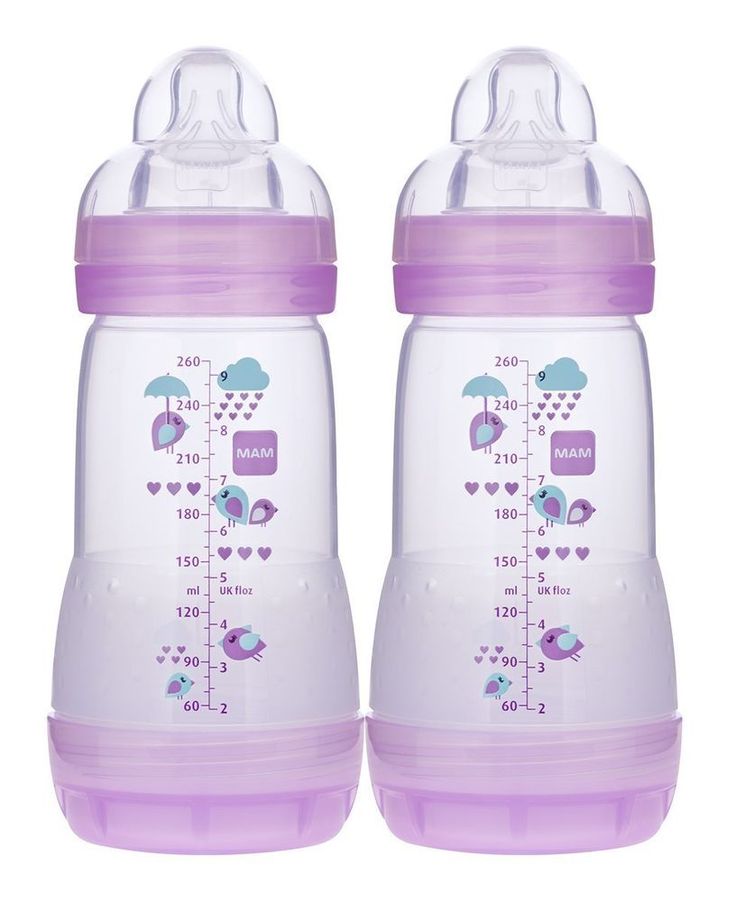
- Remove the bottle and nipple from the sterilizer using the special holder (tweezers), assemble the bottle with the nipple, being careful not to touch the part that will go into the baby's mouth with your hands.
- Take boiled or special baby water heated to body temperature, dilute the mixture in the proportion indicated on the package. nine0117 Use a special measuring spoon for cooking (it is in every box with the mixture).
- Dilute the mixture strictly in the proportion indicated by the manufacturer. A thicker or thinner formula can harm your baby and cause stomach problems.
- Shake the bottle thoroughly to mix the contents evenly. Make sure that there are no lumps and clots left in the liquid and on the walls of the bottle.
- Check the temperature of the prepared mixture by dropping a little liquid on your wrist, it should not burn. nine0118
- Hold the bottle at the correct angle. So that the tip of the nipple is always filled with milk and not with air.
